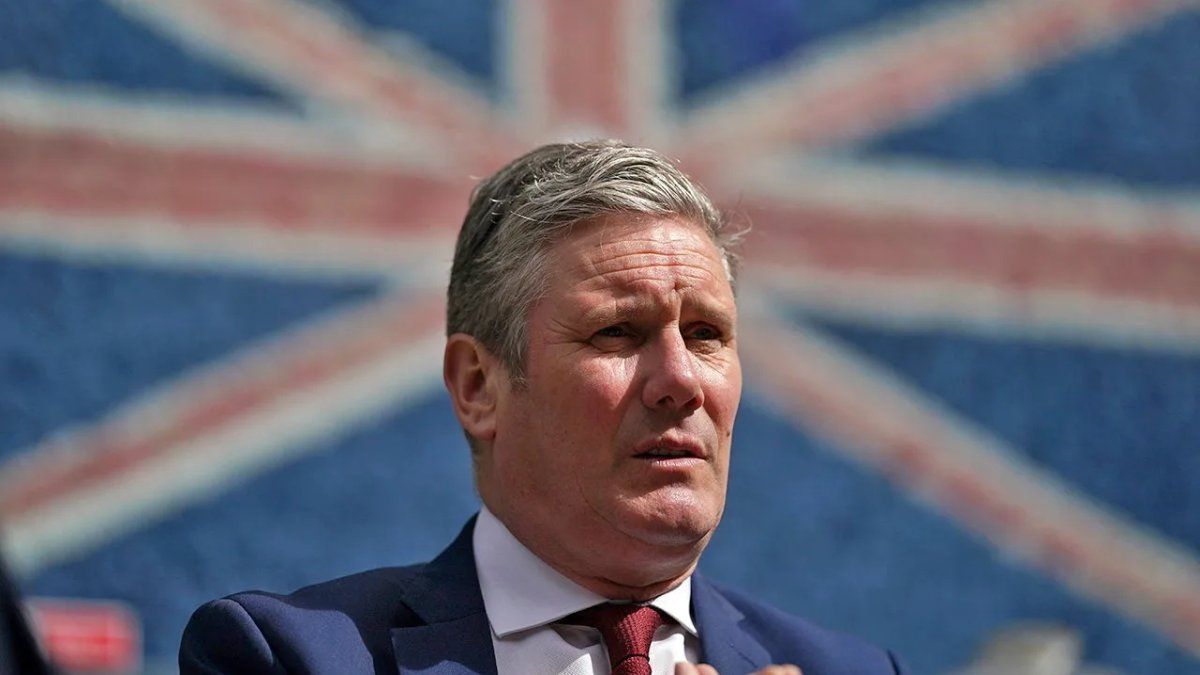The Ministry of Energy considers it necessary to allocate subsidies to Russian Railways to reimburse the lost expenses arising from the establishment of preferential tariffs for the transportation of motor fuel by rail for sale in the Far Eastern Federal District (FEFD). This is stated in the draft report of the Ministry of Energy “On the situation on the oil product market” addressed to the Prime Minister Mikhail Mishustin (available at the disposal of Izvestia).
“It is possible to enhance the effect of adjusting the“ damper ”to stabilize wholesale prices in the eastern regions of the country through the implementation of the provisions of the draft resolution of the Government of the Russian Federation developed by the Ministry of Energy of Russia“ On Approval of the Rules for Granting Subsidies from the Federal Budget to the Open Joint Stock Company “Russian Railways” to Reimburse Lost Income, ” arising as a result of the establishment of preferential tariffs for the transportation by rail in the domestic traffic of motor fuel intended for sale in the territory of the Russian Federation, in the direction of the Far Eastern Federal District, “the document says.
Among other things, the report lists other measures to prevent an increase in the cost of motor fuel. As noted in the document, “as part of the implementation of the policy of tax maneuver in the oil industry, from the beginning of 2022, the export customs duty on oil will decrease by one-sixth and export customs duties on all oil products will decrease, respectively, since they are calculated from the oil duty.
At the same time, in accordance with the Tax Code of the Russian Federation, excise rates on motor gasoline and diesel fuel will be indexed by 4%, as well as indicative levels of wholesale prices in the “damper” formula for motor gasoline and diesel fuel will increase, which will reduce compensation payments of the “damper” oil refineries “.
As a result of this combination, there is “the risk of a one-time increase in the retail price of motor gasoline during the transition to 2022, which may amount to more than 2 rubles per liter (an increase of 4% to the current average price level). What must not be allowed, ”write the authors of the report.
The Ministry of Energy proposes to change the parameters of the damper mechanism.
“It is possible to ensure the normal fuel margin of independent retail while preventing the growth of retail prices for motor gasoline and diesel fuel above the forecasted inflation values by adjusting the damper parameters, namely, by reducing the indicative level of the wholesale price, as well as by increasing the level of compensation in the formula “Damper”. Additionally, such adjustments to the “damper” parameters will allow to limit the excess profits of refineries in the scenario of low world oil prices and will be able to provide additional budget revenues, “the document says.
In particular, in order to mitigate the risk of a sharp increase in retail prices for motor fuel in 2022, it is proposed to consider the following option: to maintain the rate of indexation of indicative levels of wholesale prices for motor gasoline and diesel fuel to calculate the “damper” in 2022 at the level of 3% of the current indicative values wholesale price levels in 2021. And also to increase for refineries the level of compensation for part of the difference between the export parity price and the indicative level of the wholesale price for motor gasoline from 68% to 90%. According to the Ministry of Energy, the cumulative economic effect for all oil companies that own refineries is positive, and the shortfall in budget revenues at an oil price of $ 80 could amount to 123 billion rubles a year.
Earlier, on December 10, Stanislav Mitrakhovich, an expert with the National Energy Security Fund and the Financial University under the Russian government, said in a conversation with Izvestia that the damper mechanism would most likely be corrected once again, but without tax cuts for oil companies, this reform would only give temporary effect.
The specialist stressed that Russia, given the large number of road transportations, could “sacrifice a little” part of the tax collection in order to stimulate the consumption of gasoline, thereby “helping the development of business.”
Earlier on the same day, on the sidelines of the International Energy Forum, Deputy Head of the Federal Antimonopoly Service Vitaly Korolyov said that the measures taken by the government would keep the price of gasoline at gas stations (filling stations) within inflation next year, but in wholesale this can be achieved by adjusting the damper. According to him, the measures proposed now, together with measures related to subsidizing fuel supplies to the Far East, will help contain the price “quite effectively.”
Source: IZ
Jane Stock is a technology author, who has written for 24 Hours World. She writes about the latest in technology news and trends, and is always on the lookout for new and innovative ways to improve his audience’s experience.




